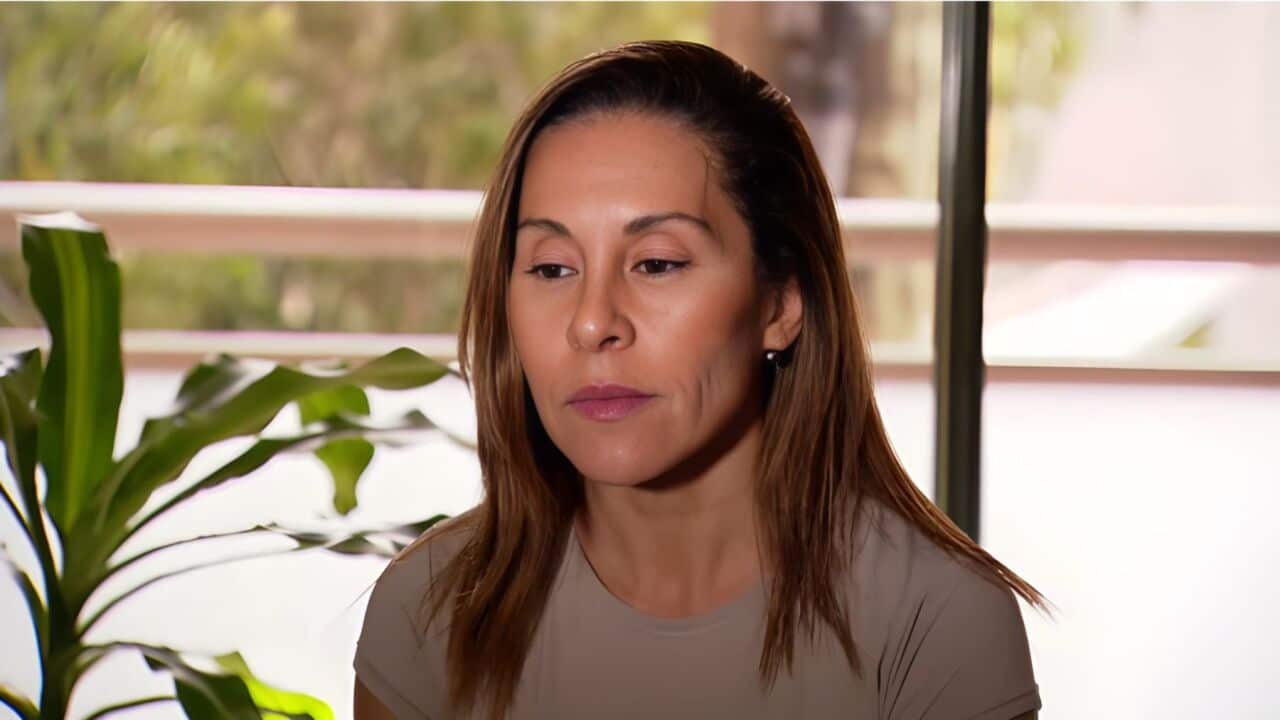TRANSCRIPT
Migrant workers on temporary visas have long called for better security as they are often subject to exploitation.
But due to a fear of losing their job and their life in Australia, they don't speak up.
It's a fear the federal government is looking to combat with a new Work Place Justice visa to ensure people can remain in the country while fighting for what they're owed from employers.
Legal Director at the Human Rights Law Centre Sanmati Verma explains.
"There has been a consistent push to provide basic security visa for people who are exploited at work so they can remain in Australia and pursue what they are owed from their bosses and that is exactly what these protections provide. They are a new floor we hope in the migration re scheme and it says to migrant workers never again will your boss be able to threaten you with visa cancellation and deportation from the country just because you stand up for your rights at work."
The visa package has two parts - it will ensure the applicant has full working rights while taking action against an employer.
It’s available for between six and 12 months and you can reapply if needed.
It also offers a guarantee against visa cancellation when a person has breached a work related condition because they've been subject to exploitation.
But it’s not set in stone, with the government to trial the visa for two years.
Valentina Olivares, who holds a temporary visa, says providing more avenues to residency will prevent employers from wielding too much power.
"There is so much to do. The government should provide clear pathways for international students and migrant workers to become permanent residents. It's very important with this visa to make sure every migrant worker and international student can access this information. It's important to inform that this visa has been released and there are new protections for migrant workers."
Migrant workers centres, unions and community legal centres will issue these protections rather than law enforcement agencies.
Ms Verma says that will make a significant difference.
"That's what makes them unique in the whole world in terms of protection for migrant workers and it's what makes them fundamentally more accessible. That they don't force contact with government regulators when they might not be ready for that."
Since the visa became available, Sanmati Verma and the Human Rights Law Centre have already advised five people who've come forward.
Valentina Olivares says it's a step in the right direction, but there's more to do.
"I don't know if this visa will solve the life of international students and temporary and migrant workers but at least it's a contribution."













